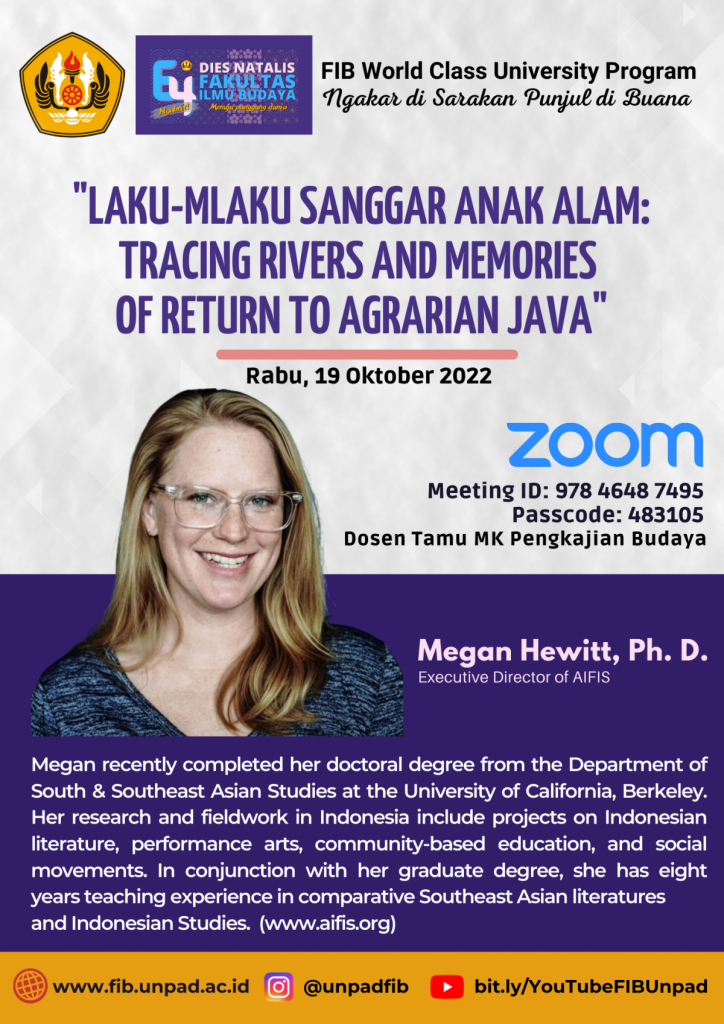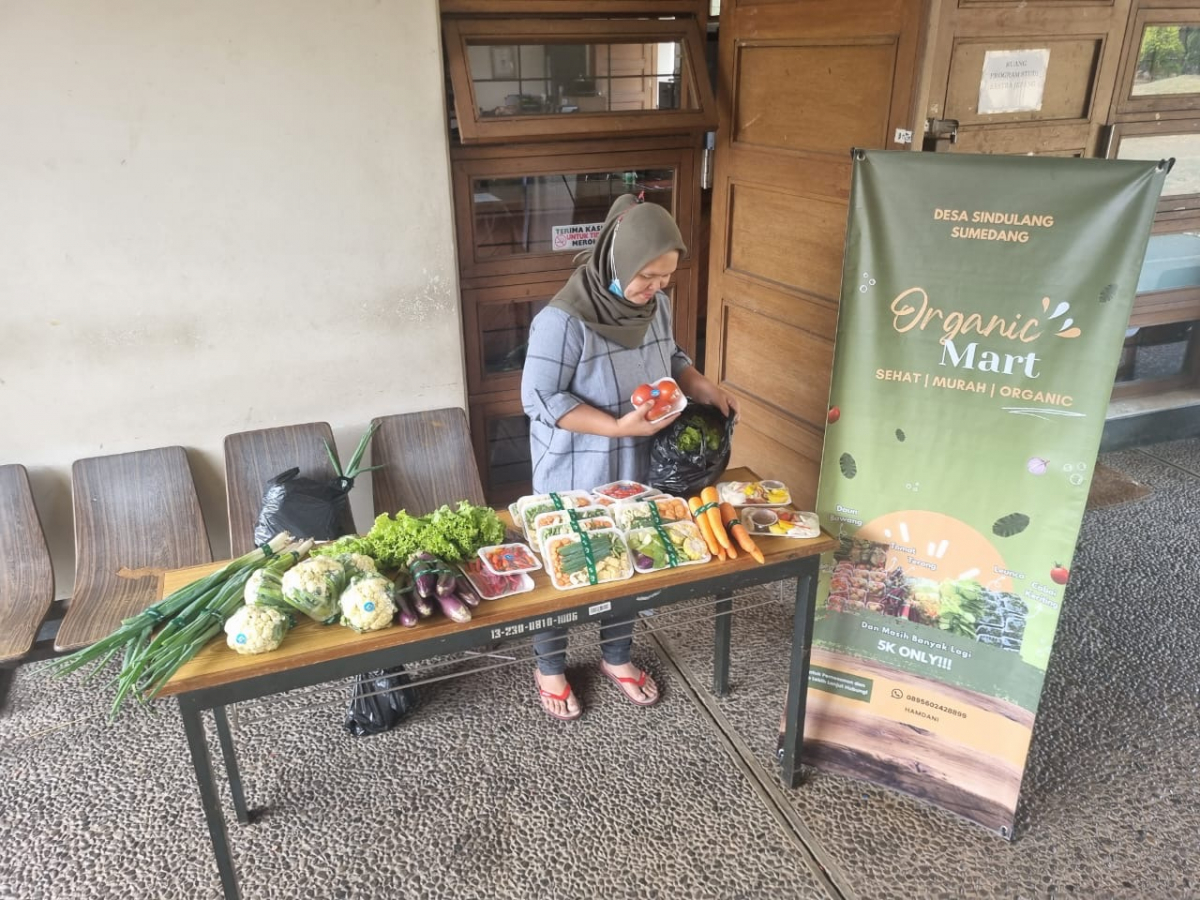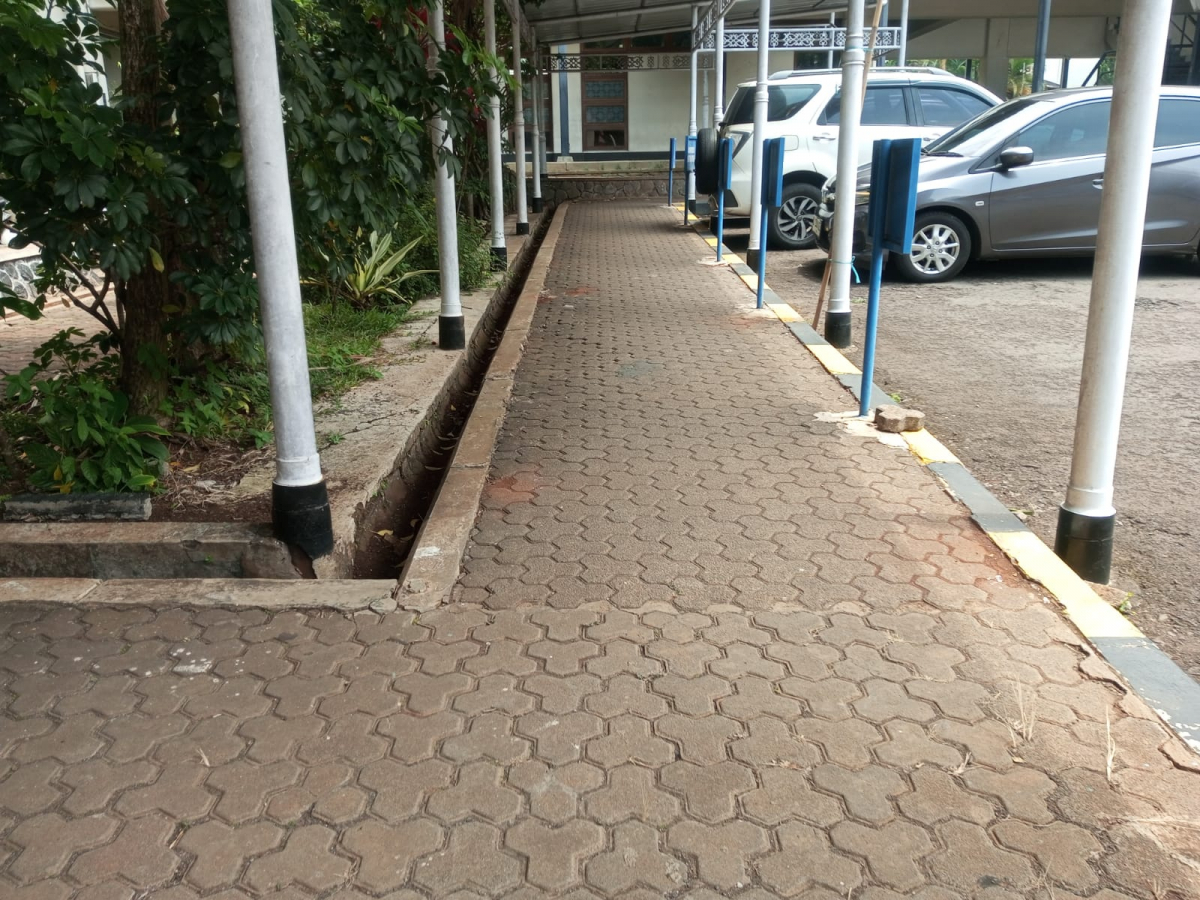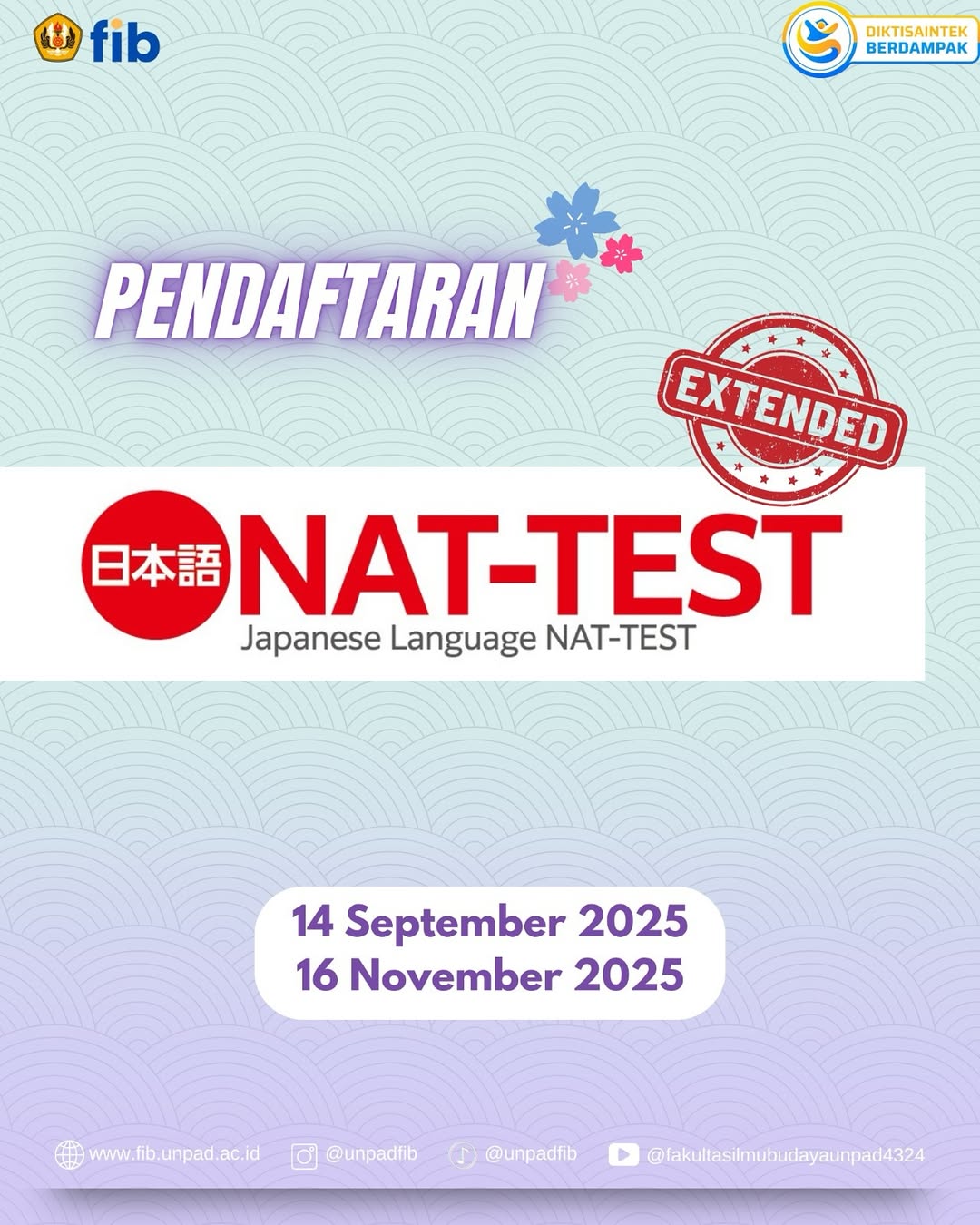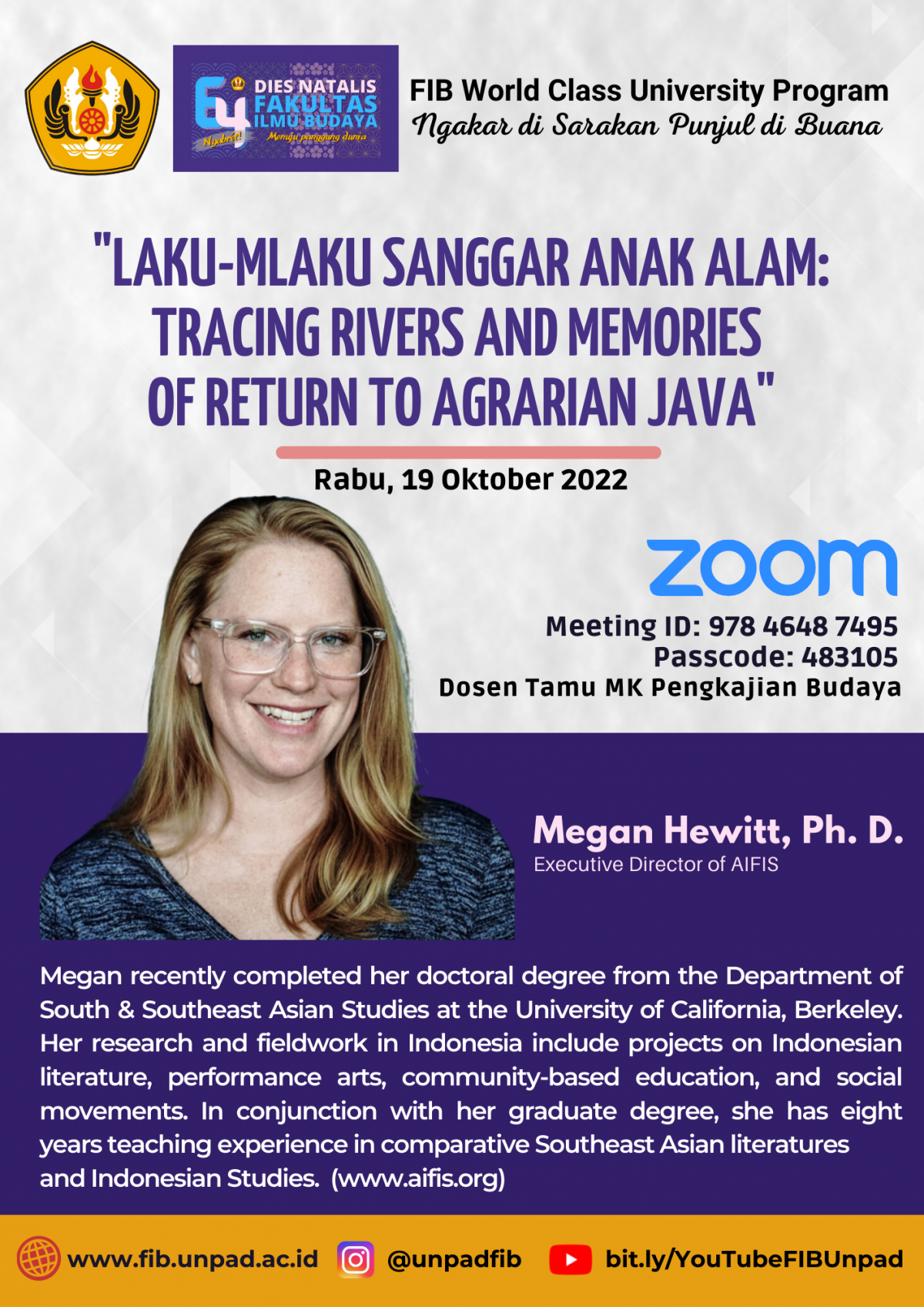
A WCU Public Lecture Report from Megan Hewitt’s “Laku-Mlaku Sanggar Anak Alam: Tracing Rivers and Memories of Return to Agrarian Java”
To run the World Class University FIB Unpad agenda, a public lecture with Megan Hewwit as a guest lecturer was held on Wednesday, October 19, through a hybrid meeting. This activity was attended by more than 500 FIB Unpad students who took Pengkajian Budaya (Cultural Studies) course, as well as students from other study programs and universities.
In this activity, Megan Hewitt presented her research on the study of agrarian regions in Indonesia with a specific subject of Sanggar Anak Alam (SALAM)—Nature Children’s Center in English—a forum for gathering, learning, and art that was founded in 1988 in Lawen Village, and revived in 2000 by Sri Wahyaningsih.
Sri Wahyaningsih, commonly known as Bu Wahya, is an important figure who has succeeded in proving that small communities in Lawen do not need to leave the village to create a better life. Bu Wahya’s work demonstrates how social, political, and cultural activism driven by the smallest communities can have a big impact.
With Sanggar Anak Alam (SALAM)—Nature Children’s Center in English—founded in 1988, Bu Wahya leads her community in creating a collective memory woven through emancipatory projects. The project is formed as irrigation projects, alternative education, and sustainable development in rural areas with an agrarian base. Bu Wahya and the SALAM community live a sustainable and independent lifestyle using natural resources.
Even though SALAM is often considered a journey of Bu Wahya and Pak Toto as a wife and husband, it is more specific to Bu Wahya’s journey that significantly affects her environment. Laku-mlaku (strolling around) became both a practice and a theory lived by Bu Wahya. Therefore, Bu Wahya and SALAM’s journeys in Lawen Village are intertwined and cannot be separated.
Writer: FIB Media Team
Translator: Firda Khoirunnisa
